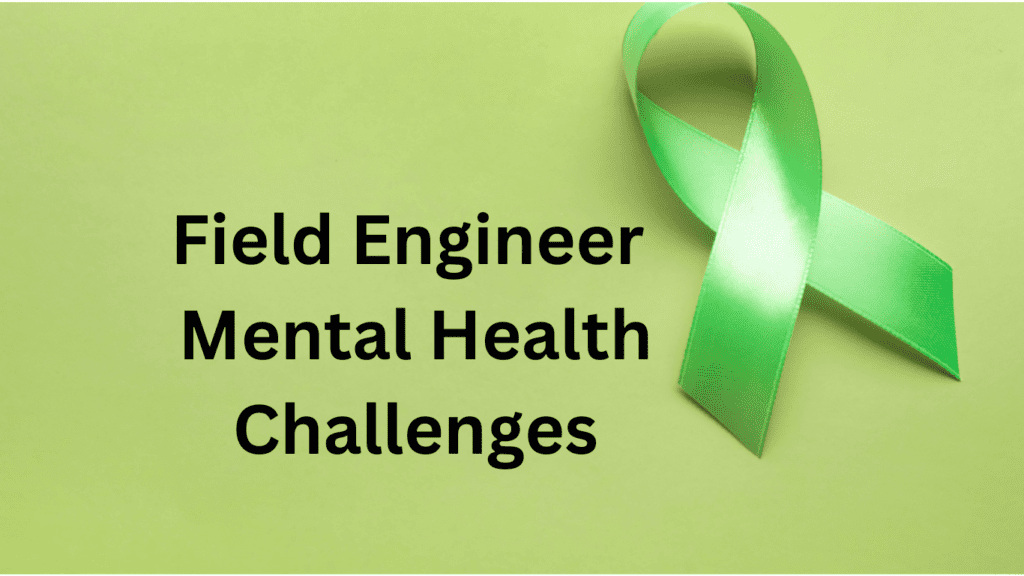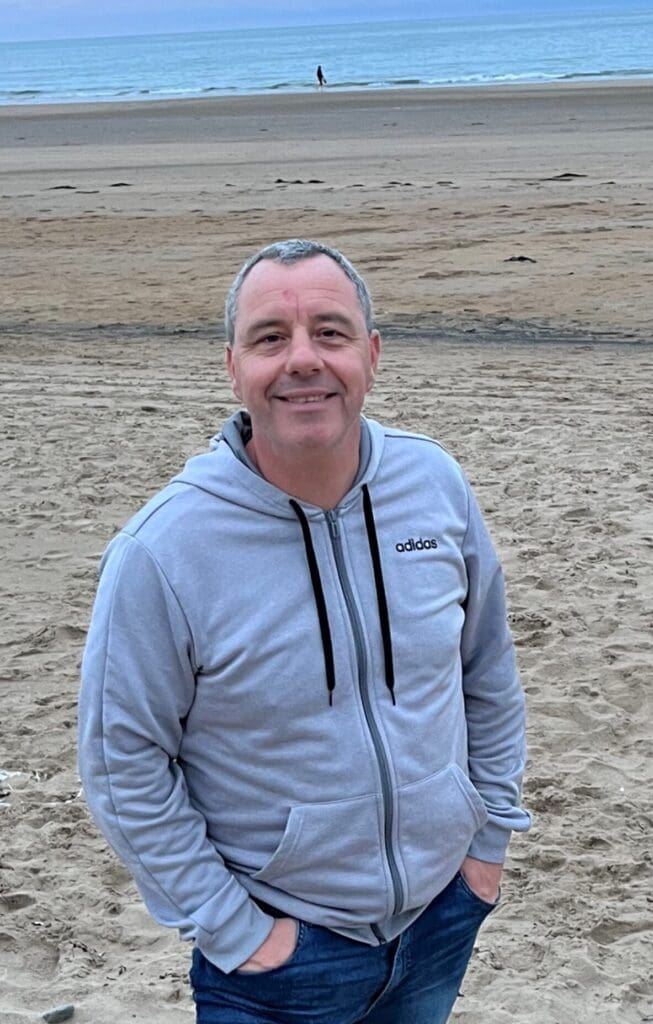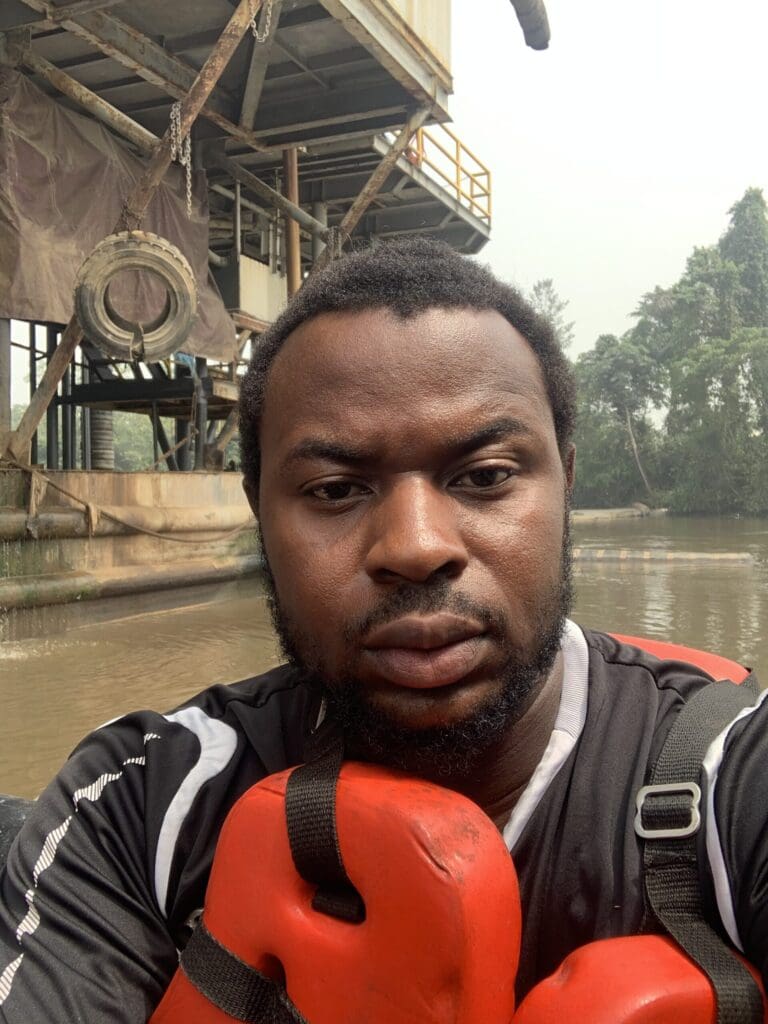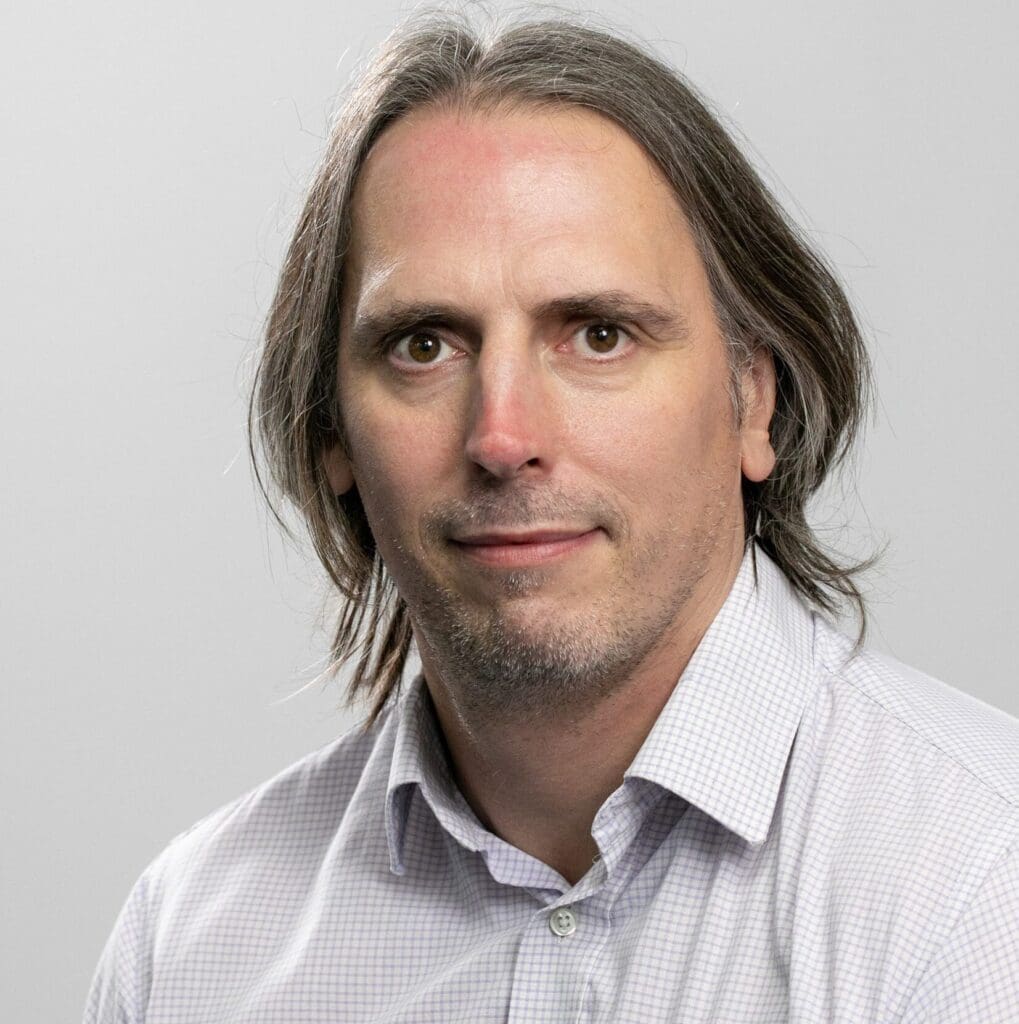Field Engineer Mental Health Challenges
Mental health in field engineering is a vital issue globally and across all industries. This article discusses the issue of mental health for field engineers with advice from three engineers.


Introduction
All field engineers meet people during their working day. They may meet one or may meet twenty. One thing remains the same though: they must smile and not bring any of their personal life or issues into the workplace with them.
For an engineer in the field, every day needs to look like a good day. It definitely needs to look like a good day to the customer.
Everyone has problems in their personal life, at least at some point. When you are out in the field and work alone, these can become magnified.
Michael Riley, Miele GB
Why mental health is an important focus for field service engineers who mainly work alone


Michael Riley is Project Manager and Regional Service Manager for Miele GB. Previously, he was a Senior Operations Manager for British Gas Field Engineering.
Inspiration
An inspiration and recently the person I have admired the most is Tyson Fury, the Boxer. His story around his mental health and how it affected him. Where he suffered and was on the verge of taking his own life and the pain and the mistakes he made. To get the help he needed and then to speak openly about this to encourage men to ask for that help. His leading by example and sharing has helped many men to seek help in their darkest times.
Workplace support
I do believe that socialising and meeting people is an important part of how we as humans communicate and keep good mental health.
I have used workplace support several times in the past. So, I am a great advocate of using the tools and support that people need in this space. I think it is important to recognise when people need help and offer the helping hand. It is hard to spot when someone is struggling. However, changes in their personality, physical issues, and other stressors that you notice should be met with support and understanding. It is key to talk to the person to understand why the changes have occurred.
A lot of people have found that the after effect of the Covid pandemic has been that all the issues and problems of day-to-day life have been amplified.
How to support the wellbeing of your team
You can support the wellbeing of your team just by being honest and leading by example. That will land with people well and hopefully they can understand that everyone has good and bad mental health at different times in their life. I hope that if everyone shares the examples and people talk more openly then the warning signs of bad mental health can be picked up in any peer group and help the individual.
Support within a team
It is important for a team to recognise if any of the individuals in the team have behaviours that have changed. If they are showing signs of stress, anxiety, or physical issues, then reach out to support them. If it is concerning, then raise the issue so that the individual can get the help. I have experienced some traumatic incidences where the right support at the right time could have altered the course. It is important for everyone to know how mental health can impact someone and the signs to look out for to point them in the right direction. Mental health first aiders, professionals and workplace health professionals can help.
Three things for a field engineer to do to support their own mental health
Look after themselves physically,
take time for themselves to help reset,
and get space to think clearly.
Exercise
I have tried to always exercise; however, it has been a bit sporadic. My wife lost her job at Virgin Atlantic during the pandemic and has since retrained to teach yoga and meditation. I have recently started on a small step journey to try yoga and meditation. I will have to let you know how that works.
To read the full earlier article, go here:
Michael Riley discusses mental health in field engineering.
Kevin Chimezie Akparanta, Halliburton
Tips for working away in the field in a swamp location


Kevin Chimezie Akparanta, Coiled Tubing Operator at Halliburton has worked away many times. In an earlier article he shared his advice for working away from home for weeks at a time in a challenging location.
Personal experience
Over time going to swamp jobs and also offshore has taught me to pack a bit extra of everything. So, with regard to my personal belongings like toothpaste, body lotion, bathing soap etc., I ensure I have enough that can last for more than the estimated time of the project. This is in case of an overstay or lack of flight availability to leave the swamp location. That’s the first thing to think about.
Secondly is preparing your mind that you will possibly be cut off from communication with family and friends. This is due to poor network or even no network coverage in most remote swamp locations like the one I just came out from. Also, before leaving try to find out which network provider is possibly available in that swamp location and is there any way you can get their sim card.
Work life balance
While away any field engineer can miss important events like birthdays, the chance to vote in an election, family celebrations.
Managing this is really a mindset.
Since I joined the oil and gas industry, I have spent only a few of my birthdays at home. On my recent birthday, there was no network coverage at all, and I was working all through that day.
My supervisor just came near to where I was working and said, “Happy Birthday.” I just smiled, and some days later it was his birthday – so also in the swamp.
I have managed to condition my mind that some days are like that, and we can’t always have it all. At least you are alive to count another cycle of your life.
The painful part of my recent job in the swamp was the election. We couldn’t and didn’t take part, so everyone on site was feeling bad about not voting.
Sometimes I go for days without talking to family and friends due to not having network coverage. Luckily, they understand that the job is like that sometimes.
Some accommodation (house boats) has a gym room where one can exercise, but my last job did not have any. So, doing exercise is nearly impossible, unless you do push-ups in your room.
We have a catering company managing the meals. Although you cannot eat the kind of food you want all the time, as it was generic food.
I missed having a lot of fruit.
The positives of working in a challenging location
Sometimes working in a swamp makes you appreciate nature and see the world from a different angle.
To read the full earlier article, go here:
Coiled Tubing Operator at Halliburton.
Richard Meredith, Atlas Copco
The health and safety of field service engineers


Richard Meredith, Senior Manager Field Service SHE (safety, health and environment at Edwards Vacuum (a subsidiary of Altlas Copco) supports the health and safety of over 2500 service engineers.
Supporting health and wellbeing
We realised very quickly that we had to support employees during COVID, especially because of the impact of lockdowns.
We were one of the industries which was kept open. So, many of our employees were still coming in to work whilst the seriousness of Covid was still unknown. Whilst others were working from home and possibly facing:
Isolation if they lived alone.
Working in noise and cramped conditions if they lived with family.
Home educating whilst working if they had children.
One key programme we have been pursuing has been i-act Managing and Promoting Positive Mental Health and Wellbeing. It was a programme we were implementing anyway off the back of the results of work-related stress surveys, but the timing of i-act has been fortuitous. We started in March 2020 (UK lockdown) and were able to continue as i-act had an online option. And we trained our China team in January 2022 just before the lockdowns there.
We have found i-act to be very helpful as it has a strong proactive element rather than just being reactive.
Key issues
The key issues for employee health and wellbeing going forward are stress sandwiches.
Work related stress
e.g., excessive workload
and non-work-related stress
e.g., bereavement.
My experience and feedback from others are that these things tend to happen at the same time. One of the key issues for individuals is making time for themselves. High pressure jobs plus the number of things modern life throws at us (part of parenting today appears to be being your children’s PA) makes prioritising time for ourselves very difficult to achieve.
Key achievement
i-act is now mandatory training for all line managers at Edwards. i-act was a grass roots programme and in getting it established we had to convince key non-believers in the criticality of training line managers in promoting and supporting mental health. I was lucky that I was strongly supported by my line management on this.
If someone reading this wants to set up their own mental health programme within their company, what would you advise as the first steps?
Start at the top and get senior leadership on side first of all. Be prepared to have a few supporters, some detractors and a lot of people sitting on the fence to start with.
Supporting mental health is still a work in progress and we are still training line managers, but we aim to support the well-being of all our people. We do lots of things. For example, we have flexible working in place to help employees who have family issues.
To read the full earlier article, go here:
The health and safety of field service engineers.
Resources
World Health Organization
Centre for Global Mental Health
International SOS
Samaritans
World Mental Health Day
Mentell
Further reading
Women discuss the issues they face and pass on advice –
Women in field engineering.


Responses